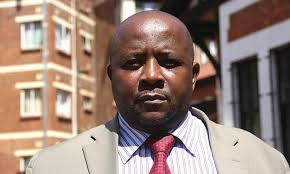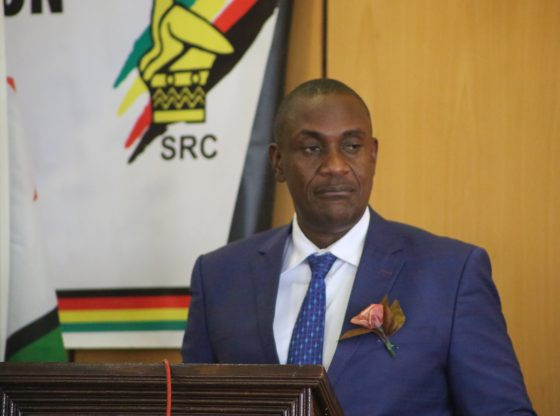
MEMBERS of the National Assembly have been reportedly experiencing accommodation woes amid reports that some of them are now sleeping in brothels or in their vehicles over unpaid bills whenever they travel to Harare for Parliament business.
NewsDay Weekender reporter Sharon Buwerimwe (NDW) caught up with Zanu PF chief whip and Gutu South legislator Pupurai Togarepi (PT) who shed light on the crisis among other issues.
Below are the excerpts.
NDW: What are the major challenges being faced by parliamentarians?
PT: It’s accommodation. It is mainly being caused by an unfriendly business environment.
The hotels do not give Parliament credit lines, I mean we cannot be paying for everything.
The government is an institution that is not going to go anywhere, so if it owes you anything, definitely it’s going to pay.
But the mentality of cash in our hotels is something else. Once the members sleep in those hotels, the hotels want to be paid tomorrow.
- Corruption Watch: Get scared, 2023 is coming
- Corruption Watch: Get scared, 2023 is coming
- Letters: Ensuring Africa’s food security through availability of quality seeds
- Is military's involvement in politics compatible with democracy?
Keep Reading
So that is an area that we are trying to solve as leaders of the Parliament, to ensure that we have hotels that are friendly and understand how the government settles those debts. So that is the major challenge.
NDW: What is the government doing to ensure that your welfare is improved?
PT: We are seeing efforts by the government to improve MPs’ welfare.
We do not expect ourselves to be looked after without considering the general civil service.
We cannot see an MP earning wild salaries. Whatever that we should get should be comparable to what others in similar circumstances are getting.
We also compare our benefits with our countries. We feel that our government is doing fantastically well compared to other countries.
Look at Uganda, they get US$10 000 a month. On that amount, an MP is forced to deduct his or her car allowance, hotel accommodation, food and fuel.
So if we go back to our scenario and say Zimbabwean parliamentarians are struggling, that would be a lie.
The Zimbabwean government gives us fuel, accommodations and so forth. So we are actually better.
Our government feels that honourable members should live in decent places. So we are better off than most of these countries.
NDW: Are legislators fully participating in Parliament, and are you engaging very well with the opposition MPs?
PT: There is constructive debate at Parliament at the moment, where the opposition raise issues, difficult issues sometimes, but mostly focused issues which are of national interest.
That world of insulting each other is gone, it’s not there. Even those who do antics in Parliament are gone because of the approach that we are pulling as a ruling party.
We do not stop them from criticising. If they think something is not right, they should raise it while dealing with national interest issues.
We cannot soil the image of the country by raising issues that do not exist.
But if the minister is not doing what he is expected, the President would want to know it. The only way he can know is how we debate.
If we hide those things, it means that the President cannot make a decision. He will be thinking that all is well.
So people should raise issues in Parliament and not rush to foreign governments. They call for sanctions yet the issue could have just been debated in Parliament.
NDW: How is the current Parliament environment, compared to the previous Parliament?
PT: The present Members of Parliament debate in a very constructive manner and criticise in a very mature way.
I am not saying the previous Parliament was very bad, but in Parliament, we have characters that are wayward.
Nevertheless, we worked very well with Tendai Biti. Those kinds of people debated and defended some certain issues in a very constructive way.
We also gave our own side as Zanu PF and we would come to the middle and agree.
If you look, we did not devote many times because we would argue and present facts. At the end of the day, we would get to a common ground.
NDW: How does the ruling party ensure that the new laws are fair and beneficial to all citizens in Zimbabwe?
PT: The laws are not enacted for the ruling party, they are for the citizens of Zimbabwe, the majority.
We argue and debate laws in the interest of the general public. We can evenly give the Justice minister our arguments when he comes with some Bills and agree as a whole.
Remember, we have the numbers, we can simply say let us go and vote. We can simply vote before hearing why the person is arguing.
So what I am trying to say is that we hear the arguments and apply them for the good of the nation.
We just do not encourage those who rush to seek sanctions to the West only.










